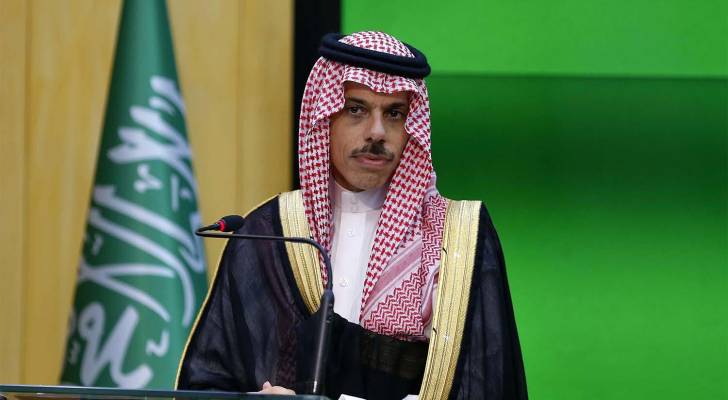Prince Faisal bin Farhan Al Saud
Riyadh pledges more financial support to Syria, says Saudi FM
Saudi Arabia and Qatar have pledged joint financial support to help pay the salaries of Syria’s public sector employees, in a move that further underscores their warming relations with the newly established government in Damascus.
The announcement was made on Saturday by Saudi Foreign Minister Prince Faisal bin Farhan Al Saud during a press conference with his Syrian counterpart, Asaad al-Shibani. The two met in Damascus as part of a broader regional push to stabilize and rebuild Syria after nearly 14 years of civil war.
Read more: Syria signs $7 billion energy deal with Qatar, US, Turkey
Although exact figures were not disclosed, Syrian Finance Minister Mohammed Yosr Bernieh had earlier revealed that Qatar was prepared to contribute USD 29 million per month over an initial three-month period to help cover salaries for civil servants. The financial support is seen as a critical step in rebuilding trust in Syria's public institutions and providing relief to a population that continues to struggle with poverty and unemployment.
This aid package follows a notable development in mid-May, when Saudi Arabia and Qatar jointly cleared Syria’s USD 15 million debt to the World Bank. That repayment paved the way for the institution to restart operations in the country for the first time since 2011. Its first project will focus on improving electricity access, essential for revitalizing key public services including healthcare and education.
The foreign funding coincides with Syria’s broader diplomatic re-entry onto the global stage, marked by shifting policies in the West. On May 13, US President Donald Trump announced the lifting of longstanding sanctions on Syria, a move reportedly endorsed by Washington in support of the Qatari initiative. The European Union soon followed, lifting most of its economic restrictions and unfreezing assets for multiple Syrian entities, including the Central Bank.
Syria’s president, Ahmed al-Sharaa, has sought to distance his administration from past alliances with extremist groups and has emphasized minority rights in an effort to win international legitimacy. However, sporadic violence and instability remain, complicating efforts to attract widespread investment and normalize ties.
Despite these challenges, international engagement is slowly expanding. Sharaa has already met with leaders in Riyadh and Paris, and the US has removed a previous USD 10 million bounty on his head, signaling a dramatic policy reversal.
Still, recovery will not be swift. A recent UN Development Programme report estimated that, without significant investment, Syria could take over 50 years to regain its pre-war economic levels. The report highlighted that 90 percent of Syrians live in poverty and one in four are unemployed, underscoring the urgency of Gulf and international aid to accelerate economic stabilization.




